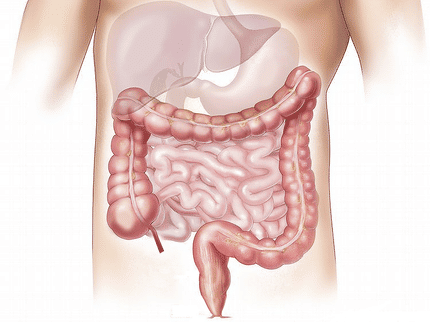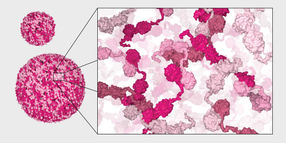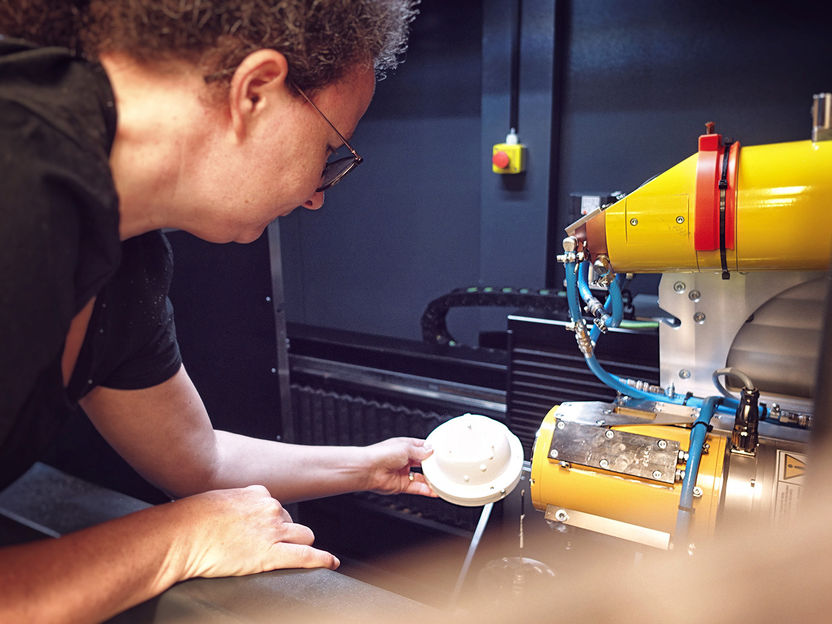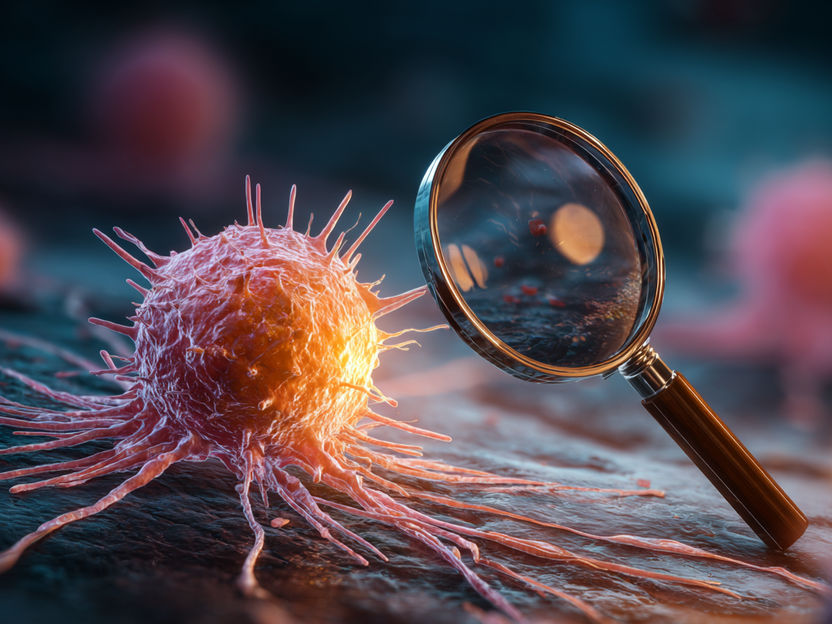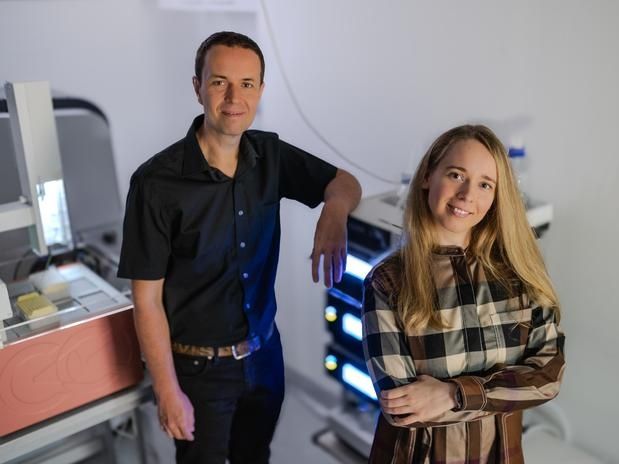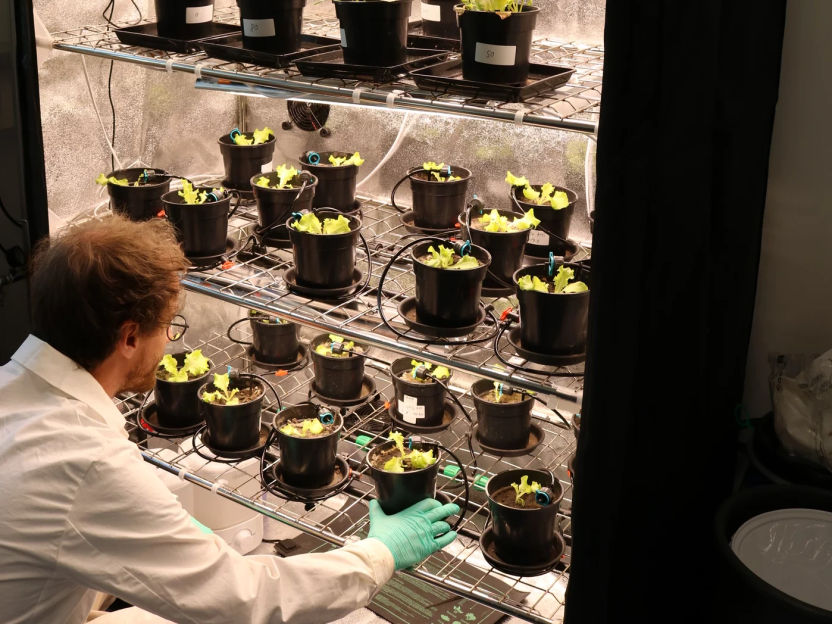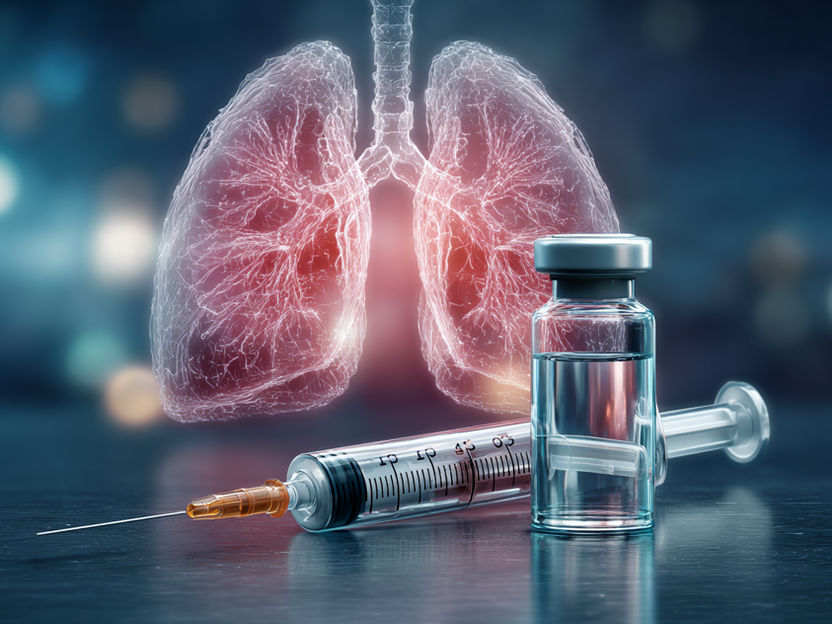Higher ultra processed food intake linked to increased lung cancer risk
“Industrial processing alters the food matrix, affecting nutrient availability and absorption, while also generating harmful contaminants”
Advertisement
A higher intake of ultra processed food (UPF) is linked to an increased risk of lung cancer, suggests research published online in the respiratory journal Thorax. Further research is warranted in different population groups, but limiting consumption of these foods may help curb the global toll of the disease, say the researchers.
Lung cancer is the most common cancer in the world. And in 2020 alone there were an estimated 2.2 million new cases and 1.8 million deaths from the disease worldwide, they note.
UPF typically undergo multiple processing steps, contain long lists of additives and preservatives, and are ready-to-eat or heat. High consumption has been linked to a heightened risk of several health conditions, and the researchers wanted to know if this might also include lung cancer.
They drew on data from the US Prostate, Lung, Colorectal and Ovarian (PLCO) Cancer Screening Trials, involving 155,000 participants aged 55–74 who were randomly assigned to either a screening or comparison group between November 1993 and July 2001. Cancer diagnoses were tracked until the end of 2009 and cancer deaths until the end of 2018.
Some 101,732 people (50,187 men and 51,545 women; average age 62) who completed a Food Frequency questionnaire on their dietary habits on entry to the trials were included in the present study. Foods were categorised as: unprocessed or minimally processed; containing processed culinary ingredients; processed; and ultra processed.
The researchers focused in particular on UPF that included sour cream, as well as cream cheese, ice cream, frozen yoghurt, fried foods, bread, baked goods, salted snacks, breakfast cereals, instant noodles, shop-bought soups and sauces, margarine, confectionery, soft drinks, sweetened fruit drinks, restaurant/shop-bought hamburgers, hot dogs, and pizza.
Average energy adjusted UPF consumption was nearly 3 servings/day, but ranged from 0.5 to 6. The three types of food that featured the most were lunch meat (11%), diet or caffeinated soft drinks (just over 7%) and decaffeinated soft drinks (nearly 7%).
During an average tracking period of 12 years, 1706 new cases of lung cancer were diagnosed, including 1473 (86%) cases of non-small cell lung cancer (NSCLC) and 233 (14%) of small cell lung cancer. Case numbers were higher among those eating the most UPF than they were among those eating the least (495/25,434 vs 331/25,433).
After accounting for potentially influential factors, including smoking and overall diet quality, participants in the highest quarter of energy-adjusted UPF consumption were 41% more likely to be diagnosed with lung cancer than those in the lowest quarter. Specifically, they were 37% more likely to be diagnosed with NSCLC and 44% more likely to be diagnosed with SCLC.
This is an observational study, and as such, no firm conclusions can be drawn about cause and effect. And the researchers acknowledge that they weren’t able to factor in smoking intensity, which may have been influential. Dietary information was collected only once, so couldn’t account for changes over time, and the number of cancer diagnoses was small.
But the researchers highlight the low nutritional value of UPF and the excessive amounts of sugar, salt, and fats they usually contain.
“Worse still, over the past two decades, the consumption of UPF has significantly increased worldwide, regardless of development or economic status. The rise in UPF consumption may have driven global increases in obesity, cardiovascular disease, metabolic disorders, cancer and mortality, as these foods are confirmed risk factors for such conditions,” they suggest.
A high intake of UPF may effectively elbow out healthy foods, such as whole grains, fruit, and vegetables, which are known to protect against cancer, suggest the researchers, by way of an explanation for their findings.
“Industrial processing alters the food matrix, affecting nutrient availability and absorption, while also generating harmful contaminants,” they add, highlighting acrolein, which is found in grilled sausages and caramel sweets, and is a toxic component of cigarette smoke. Packaging materials may also have a role to play, they suggest.
They conclude: “These findings need to be confirmed by other large-scale longitudinal studies in different populations and settings….If causality is established, limiting trends of UPF intake globally could contribute to reducing the burden of lung cancer.”
Original publication
Wang K, Zhao J, Yang D, et al.; Association between ultra-processed food consumption and lung cancer risk: a population-based cohort study; Thorax Published Online First: 29 July 2025





